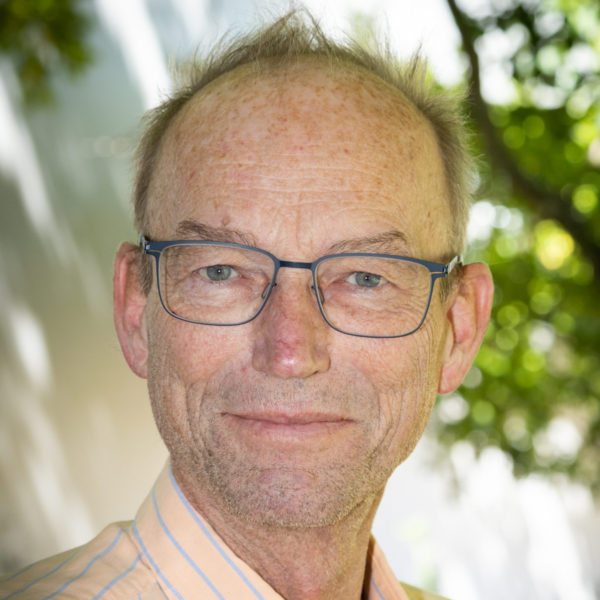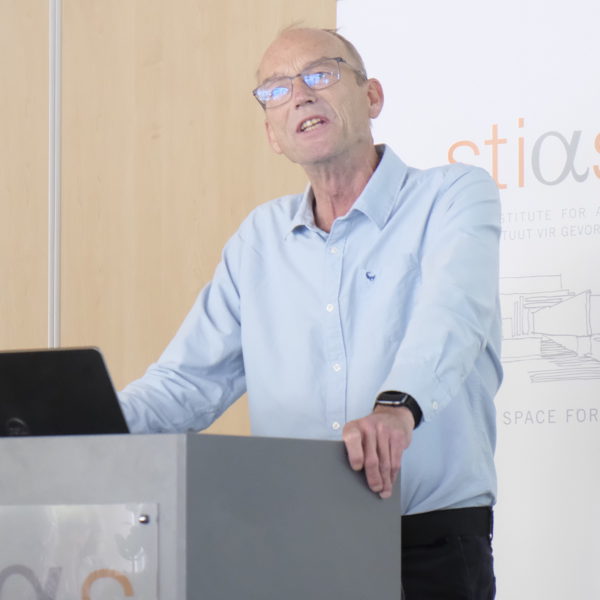Building on previous research on accelerated change and globalisation and on similarities between biological and cultural processes, this research project studies the ways in which global modernity reduces ecological diversity and cultural variation, and explores which measures are taken to counter this tendency, which takes away options for the future. Since the beginning of the fossil fuel revolution, human population has increased eightfold, while energy consumption has grown by a factor of 30. A result of the success of human expansion is the loss of biodiversity, but also reduced cultural diversity. A language is lost every two weeks, and only four per cent of the mammalian biomass on the planet now belongs to wild animals.
The project will show how the modern project of progress, development and prosperity is, paradoxically, producing its own undoing owing to environmental destruction and climate change resulting from precisely the same causes as the global growth in wealth and life opportunities. What distinguishes the present project from other accounts of the destructive effects of industrial modernity is its dual focus on the environment and culture, which shows that the loss of diversity in one domain is closely paralleled by a similar loss in the other, and that the two are frequently connected.
Menu
Related news
Related news
Related publications
Related publications
Journal Article
Eriksen, Thomas Hylland. 2022. Everything is at a time and in a place. Anthropology Today, 38(3), 1–2. https://doi.org/10.1111/1467-8322.12723
Journal Article
Eriksen, Thomas Hylland. 2022. The Sustainability of an Anthropology of the Anthropocene. Sustainability, 14(6), 3674. https://doi.org/10.3390/SU14063674
Share this project:
Share on whatsapp
WhatsApp
Share on email
Email
Share on facebook
Facebook
Share on twitter
Twitter
Share on linkedin
LinkedIn
Is any information on this page incorrect or outdated? Please notify Ms. Nel-Mari Loock at [email protected].


